The president’s lawyers on Tuesday asked the U.S. Supreme Court to step in and deal with what they call “ illegal mail voting” in the state.
(The Center Square) – President Trump’s campaign is trying one more time to overturn Wisconsin’s election results.
Troupis said there is a sound legal argument to be made state and local election managers skirted Wisconsin’s established election laws in the run-up to the November election.
“The Wisconsin Supreme Court, in their 4-3 decision, refused to address the merits of our claim,” President Trump’s chief lawyer in Wisconsin Jim Troupis said in a statement. “This ‘Cert Petition’ asks them to address our claims, which, if allowed, would change the outcome of the election in Wisconsin.”
Specifically, the new legal challenge seeks to disqualify more than 28,000 votes from people who failed to provide identification by abusing the state’s “indefinitely confined” status; toss-out nearly 6,000 absentee ballots that were counted, which came in incomplete; altered ballot envelopes, which is expressly forbidden by Wisconsin state statute; and cancel the 17,000 absentee ballots that were collected by hand in Democrat-sponsored events in Madison in September and October.
“Three members of the Wisconsin State Supreme Court, including the Chief Justice, agreed with many of the President’s claims,” Troupis added.
The Trump campaign included a statement from a constitutional scholar at the Claremont Institute that makes a similar point.
The Wisconsin Supreme Court earlier this month dismissed a similar legal challenge, saying the president’s campaign essentially waited too long to challenge the technical violations of Wisconsin state law. The court’s conservative minority said dismissing the president’s lawsuit leaves future elections in Wisconsin in doubt because underlying questions about absentee and mail-in voting have not been answered.
There is some urgency to the case. Congress is set to certify the Electoral College results on January 6.
“The petition challenging the decision of the Wisconsin Supreme Court to allow partisan state and local election officials to ignore key anti-fraud provisions of Wisconsin law is extremely persuasive,” Professor John Eastman said. “The federal constitutional issues raised by the case cannot be more clear. Article II of the Constitution, as interpreted in Bush v. Gore, assigns to the ‘legislature’ the plenary power to determine the manner of choosing presidential electors, not executive officials, un-elected bureaucrats, or even the state’s judiciary. That authority was eviscerated in Wisconsin, resulting in more than 50,000 illegal ballots being cast and counted.”
{facebook_url}
By Benjamin Yount | The Center Square
Go to Source
Reposted with permission


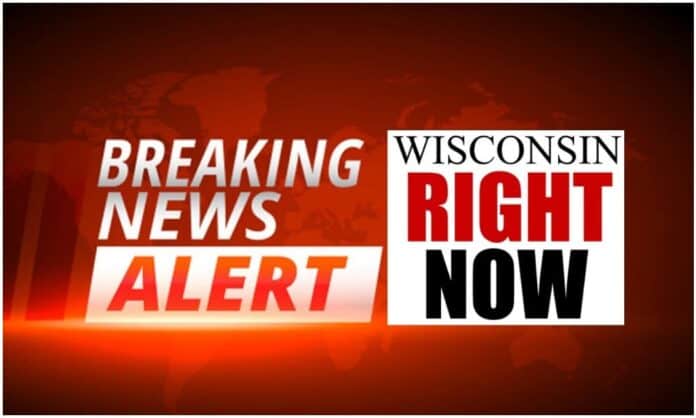


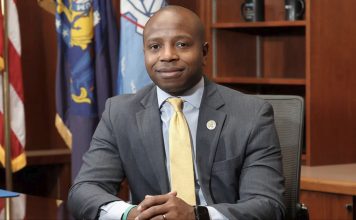

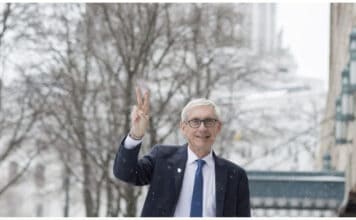

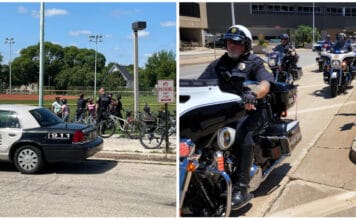
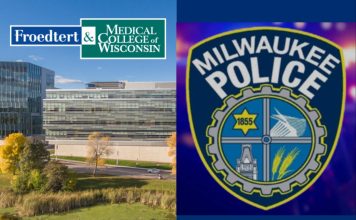
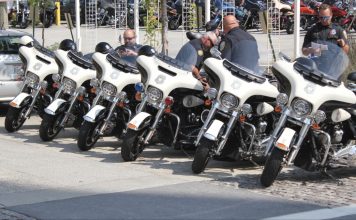







![WATCH: Elon Musk Town Hall Rally in Green Bay [FULL Video]](https://www.wisconsinrightnow.com/wp-content/uploads/2022/04/Elon_Musk_3018710552-356x220.jpg)



![The Wisconsin DOJ’s ‘Unlawful’ Lawman [WRN Voices] josh kaul](https://www.wisconsinrightnow.com/wp-content/uploads/2025/03/MixCollage-29-Mar-2025-08-48-PM-2468-356x220.jpg)










